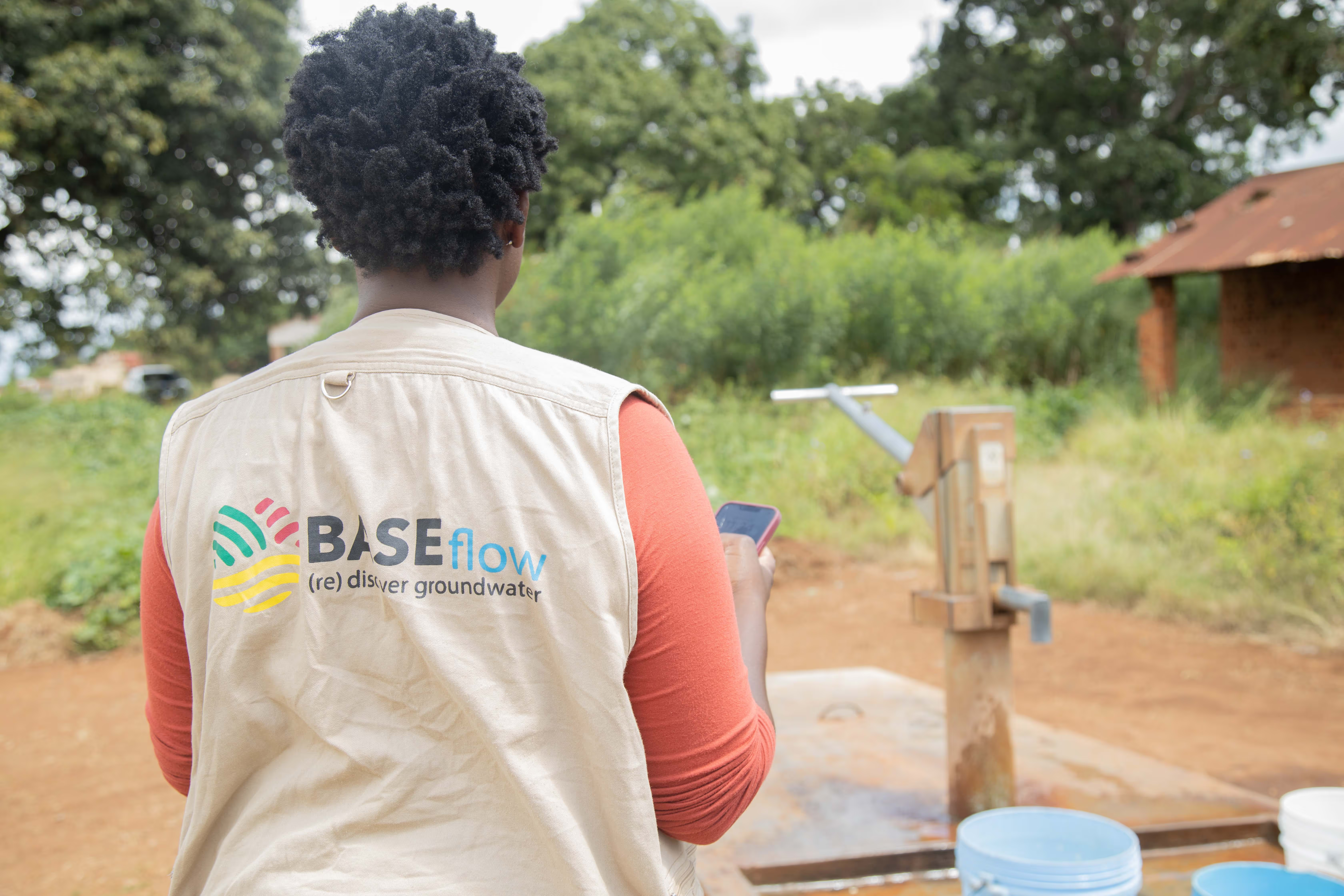You may not have noticed it, but it was there — quietly tucked away between stories of political intrigue and sports triumphs (or the lack of them, depending on your team affiliation). A single paragraph in a dense government document, easy to miss, yet carrying a message that could reshape the future of every Malawian.
It might just be the most important piece of news ever ignored.
The Annual Economic Report for 2025 lays bare a stark and sobering reality: Malawi’s groundwater — the lifeline for over 80% of the population — is dwindling. According to the report, the country’s available water per capita has dropped from 1,102 m³ in 2023 to just 1,044 m³ in 2024, inching dangerously close to the internationally defined water-scarcity threshold of 1,000 m³ per person per year.
This just validates what groundwater experts have long warned: groundwater is a threshold resource—one that places a hard limit on our social and economic ambitions at both local and national levels. It doesn’t matter how much we dream in colour about becoming a middle-income country—if this resource continues to decline, those ambitions will remain just that: dreams.
This isn’t just a statistic to file away in a report. It’s an unmistakable warning of an approaching crisis that will reshape lives, livelihoods, and entire communities. Without urgent and coordinated action, we face a future of failing boreholes, dry taps, and the slow erosion of rural water security.
We can’t keep drilling more boreholes with complete disregard for replenishing what we’re taking out. We cannot keep installing solar-powered irrigation systems all over the country without asking if the groundwater can actually meet that demand. We can’t keep constructing hand-pump fitted boreholes without the involvement of a trained hydrogeologist or water resources engineer who can determine whether the location is even viable. We can’t keep ignoring the anecdotal evidence: wells that once flowed year-round are now going dry, and rivers that used to be permanent are now just seasonal trickles.
We can’t keep doing this and expect anything other than collapse.
Even government is acknowledging the danger. The Annual Economic Report 2025 calls for reforms such as investments in water harvesting structures, managed aquifer recharge (MAR), and policy and financing mechanisms to secure our water future. These aren’t just policy ideals—they are urgent measures we must implement to survive what’s coming.
So what should we be doing?
We need to prioritize groundwater recharge as a national imperative—and not just through large infrastructure projects. Recharge must start at the household level. Whether it's small rooftop water harvesting systems or infiltration pits, ordinary Malawians must be supported and educated to take part in replenishing the very resource they depend on.
We also need serious investment in groundwater monitoring. Right now, we’re flying blind. Our national groundwater monitoring network collapsed years ago due to chronic underinvestment by previous political administrations that failed to see water—let alone groundwater—as a strategic resource worth protecting. As a result, Malawi is currently doing little at scale when it comes to tracking changes in groundwater levels, quantity, or quality. Without monitoring, we have no early warning system. We don’t know where the decline is worst, or how fast it’s happening—and that is terrifying.
Above all, we must break the silence. The real crisis is not just physical scarcity—it is the absence of urgency, the quiet normalisation of scarcity, and our collective habit of doing nothing until collapse is irreversible.
We still have time to act—but only if we choose to do so now. Because when it comes to groundwater, what has long been out of sight may soon be out of time.
✅ Read about our Team Leader's comments on the Annual Economic Report here: https://mwnation.com/water-shortage-looms-with-dwindling-sources/
✅ Revisit BASEflow’s 2017 early warning about groundwater depletion here: https://youtu.be/D3i3450CDY4?si=gR6Rfc3IzqJB47yz
✅ Learn what you can do, right now, to be part of the solution here: https://www.youtube.com/watch?v=bWf0tXZmUPY
LIke what we do ?
Please click the Download button below to get the manual and start contributing. Or if you like what we are doing and would like to support our work, click the Donate button.


